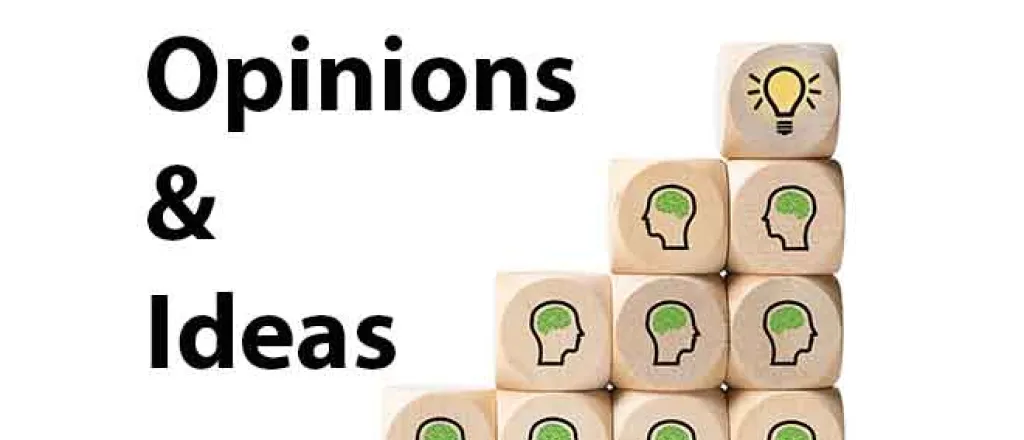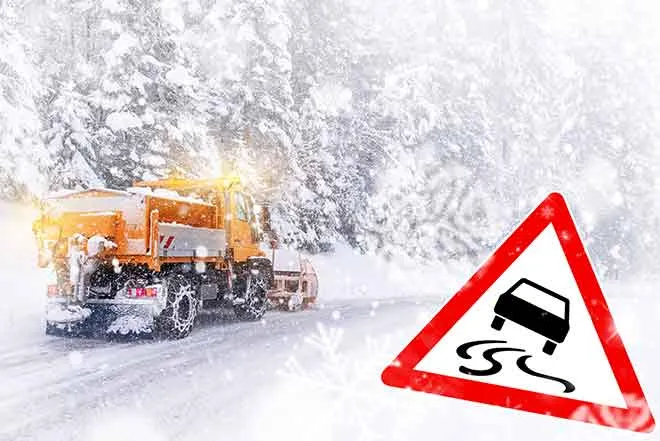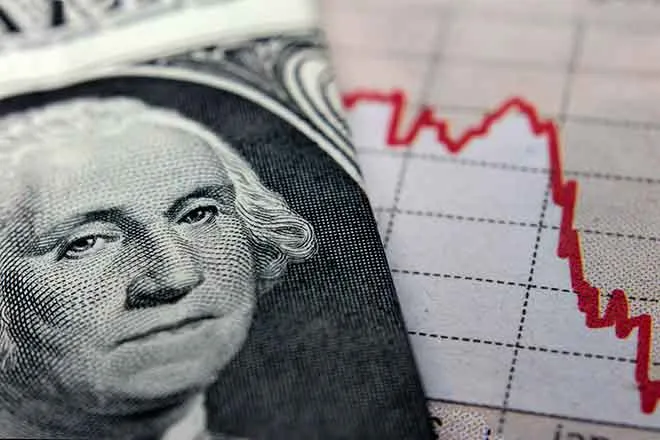
Commentary - Conservative distrust of journalism threatens to spread among liberals
During office hours last week, one of my University of Kansas journalism students asked a great question.
I am paraphrasing: “What do we do with all of these journalism companies bending to the Trump administration? It seems like it’s time to discard them and move on to something different.”
I understand his point.
Over the past year, some news companies appear increasingly willing to obey President Donald Trump’s demands about reporting.
Since Trump’s election, CBS News (Paramount) and ABC News (Disney) both settled lawsuits, not with the federal government, but with the president personally. These were defamation claims that many legal experts believed that the news outlets easily could have defended in court. Other lawsuits are in progress.

iStock
Caving to Trump felt like an unnecessary admission of guilt — if not supplication to his demands.
Similarly, during the runup to the 2024 presidential election, the Washington Post backed away from its tradition of endorsing presidential candidates, an endorsement that was poised to go to Trump’s rival, Kamala Harris. Angry readers canceled their subscriptions and pilloried owner Jeff Bezos.
This perceived obedience creates tension for liberal readers. Stick with the relatively neutral legacy media that has recently wilted before Trump? Or spend your time with media that shares your defiant politics?
The answer is vital because Democratic readers are the most stable segment of the audience for journalism.
Polling by Gallup from 2001 to 2024 tracked the public’s distrust in the mass media, asking whether the news gets reported fully. During that time, the line of increasing distrust among Republicans has been steep.
Meanwhile, Democrats maintained high levels of trust in the media. For more than two decades, starting in 2001, Democratic distrust inched up and down between 5 percent and a high of 16 percent in 2015.
With my students’ question serving as a canary in the coal mine, I worry that liberal frustrations with journalists will also soon rise.
Most recently, publications quaked in their responses to the assassination of Charlie Kirk. I have spoken to journalists in Kansas, students and professionals, who worried about how coverage would be received. In some cases, those concerns nudged them to delay or hold off reporting stories.
The audience for news — our readers and viewers — has noticed.
Last week, a friend, sensing that the news feels different these days, asked me how journalists are processing all of this — and when they would find their courage again. This friend knows journalism, both as a loyal reader and the child of a longtime journalist. She pointed to legal firms that stood firm against demands from the Trump administration.
In other words, readers sense journalistic fear.
Since my first high school byline, I have worked in journalism for more than 30 years. No crisis — the Bush v. Gore coverage in 2000, the runup to the invasion of Iraq in 2004, the search for a cause for COVID-19 — measures up to the vertigo of this moment.
The atmosphere about free expression among journalists has never felt so fraught.
However, the instability has been a long time coming — not just for journalism, but for many American institutions.
During his two administrations and two campaigns, Trump has been relentlessly effective at chipping away at institutions.
Government agencies, from the EPA to the FBI, stagger forward, emaciated and maligned. Trump has also gutted cultural institutions and stuffed them full of his personal taste and henchmen. University life has been set on a knife edge.
In the midst of these other major Trump-mandated changes, I understand that my focus on journalism looks like navel-gazing: yet another journalist fussing about the future of news.
Yet, consider how Gallup’s polling gives urgency to this. Since 2015, when Trump entered the political arena, a wide swath of American institutions have suffered declining trust, but only by a few percentage points. Government institutions only slid 2 points (24 percent to 22 percent) and a combination of nine other institutions lost 4 points (37 percent to 33 percent).
Television news and newspapers fell 8 percentage points, ending at an embarrassing 15 percent in 2024.
I find this trend in journalism especially newsworthy because of the specific way that it has played out: as an attack from the right that, I predict, will soon trigger a backlash from the left.
Since his first presidential campaign, Trump has criticized journalists for being too liberal and for opposing him, a right-flank attack that convinced many conservative Americans that reporters cannot be trusted.
In August, the Pew Research Center released polling that showed the depth of that mistrust among Republicans. When asked if most journalists are “biased,” 74 percent of respondents who identify as Republican or lean Republican said yes. A majority of those conservatives also see the media as “elitist” and “dishonest.”
Meanwhile, people who identify as Democrats or lean Democratic felt at least 26 percentage points more favorable in each of those categories. A slight majority of liberal respondents say most journalists are “intelligent,” “well-intentioned” and “relatable.”
As Trump eroded conservative trust by painting journalists as too liberal, he has eroded trust among liberals by making journalists supplicant.
The twin messages from the White House — journalists peddle fake news and we will make them too scared to be effective — are not just being heard by journalists. Both messages are being heard by our audience, from one political extreme to the other.
Our conservative audience was first to downgrade their image of us, but I worry that independents and liberals will soon follow in greater numbers.
In the media, commentators and columnists tsk-tsked Trump for years, worried about him burning down institutions and washing away norms. I admit that I was complacent, imagining the loss of a nameless ivory tower, rather than the profession that I love, the one where I essentially live.
Ten years into Trump’s attack on journalism, journalists find ourselves dismissed by people at one end of the political extreme and at risk of losing the trust from the other.
Before the questioning student left my office, I asked him to consider if we can afford to discard robust journalism right now, at a time when other institutions are threatened.
He paused and looked down. And then, he answered with a shrug, saying, “I guess, I don’t know.”
















